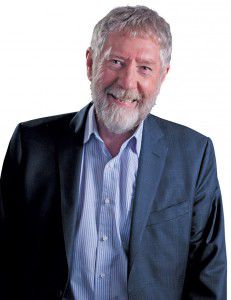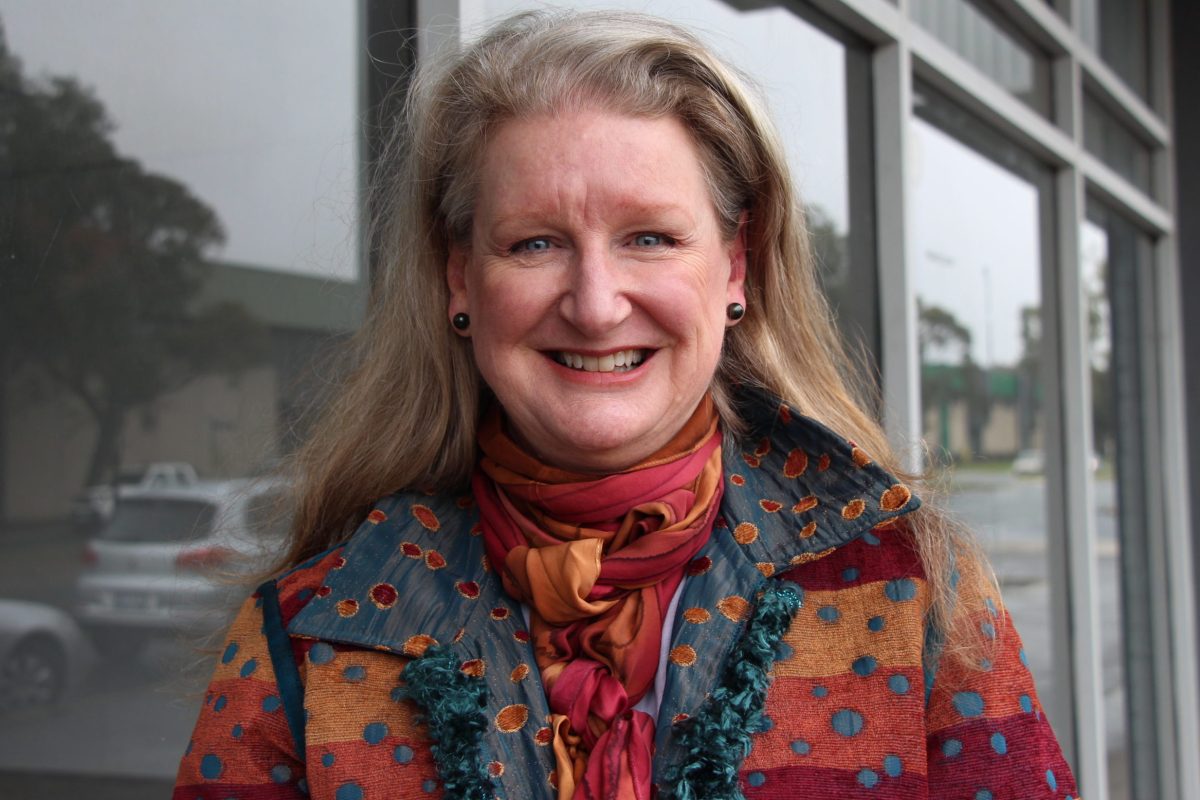THE High Court decision prohibiting patenting of the breast-cancer gene BRCA1 is a major step forward for Australia and for humanity.

It is a victory for common sense and finally confronts the notion that industry, the dollar and greed should dictate human behaviour and human health.
The argument put by Queensland cancer survivor Yvonne D’Arcy and her lawyers was that mutations in the so-called “breast-cancer gene” BRCA1 were a naturally occurring component of the human body that had been discovered, rather than an invention that could be patented.
For decades, capital and wealth has become more and more concentrated in the hands of the very few. It is no surprise that the issue had been so hotly contested.
The High Court unanimously overturned an earlier decision of the Federal Court to prevent Myriad Genetics, a US company that had licensed it for use in Australia by a company called Genetic Technologies, from holding the patent. Interestingly, the US Supreme Court set a precedent ruling that naturally occurring DNA was a product of nature and not patentable.
There are those who argue that there are broader ramifications for the biotechnology industry that will be undermined by the decision. However, claims that this will restrict the opportunity for further innovation are simply unfounded. Researchers can now share not just the BRCA1 gene information, but can pursue other genetic material in the knowledge that its discovery will assist general well-being.
This ruling comes at a time when companies have been scrambling to patent new biologics drugs at an average cost of around twenty to thirty thousand a year extending in a small number of cases to costing consumers over $400,000 a year.
In the past, Myriad Genetics/Genetic Technologies attempted to enforce its patent in Australia and prevent women from being tested for the indicator gene that identifies when someone is susceptible to breast cancer.
This is a decision that not only provides certainty to other people who needed genetic testing regarding breast cancer, but opens a range of possibilities for ordinary people across a series of other genetic vulnerabilities. Intellectual property restrictions have now been seriously challenged and researchers in this field will not feel threatened by possible litigation.
It is an important decision. However, the possibility that the decision could be tested under the Investor State Dispute Mechanism (ISDS) remains a concern. This is a review process which has just been approved through the signing of the Trans-Pacific Partnership Agreement (TPP). It is similar process to the case being undertaken by Philip Morris against Australia over plain packaging of tobacco.
To his great credit, it seems that Trade Minister Andrew Robb has remained firm in protecting Australia from the proposal to extend intellectual property barriers in favour of international pharmaceutical companies beyond the current five years.
The TPP also specifically excluded tobacco from the ISDS. Additionally, Robb has sought to exclude health and the environment from this dispute mechanism.
However, it is not so clear whether carving out exemptions for health and environment will work. It would not be surprising if the lawyers for Myriad Genetics/Genetic Technologies, having failed in the High Court, look to challenge whether this case can claim an exemption on the grounds of being a health issue.
The operation of an ISDS tribunal in this case would mean there would be one appointee by the Australian government, one by the company and if the two could not agree on the third – a person appointed by the World Trade Organisation. The tribunal would not be bound by any precedent and members appointed could have close association with the company or the industry. This is certainly not the way we would expect a justice system to operate, especially when the unanimous decision of the High Court of Australia was being challenged.
The High Court has unanimously ruled in favour of common sense and the ordinary person. More importantly, it has ruled against greed and self-interest.
Michael Moore was an independent member of the ACT Legislative Assembly (1989 to 2001) and was minister for health.
Who can be trusted?
In a world of spin and confusion, there’s never been a more important time to support independent journalism in Canberra.
If you trust our work online and want to enforce the power of independent voices, I invite you to make a small contribution.
Every dollar of support is invested back into our journalism to help keep citynews.com.au strong and free.
Thank you,
Ian Meikle, editor





Leave a Reply